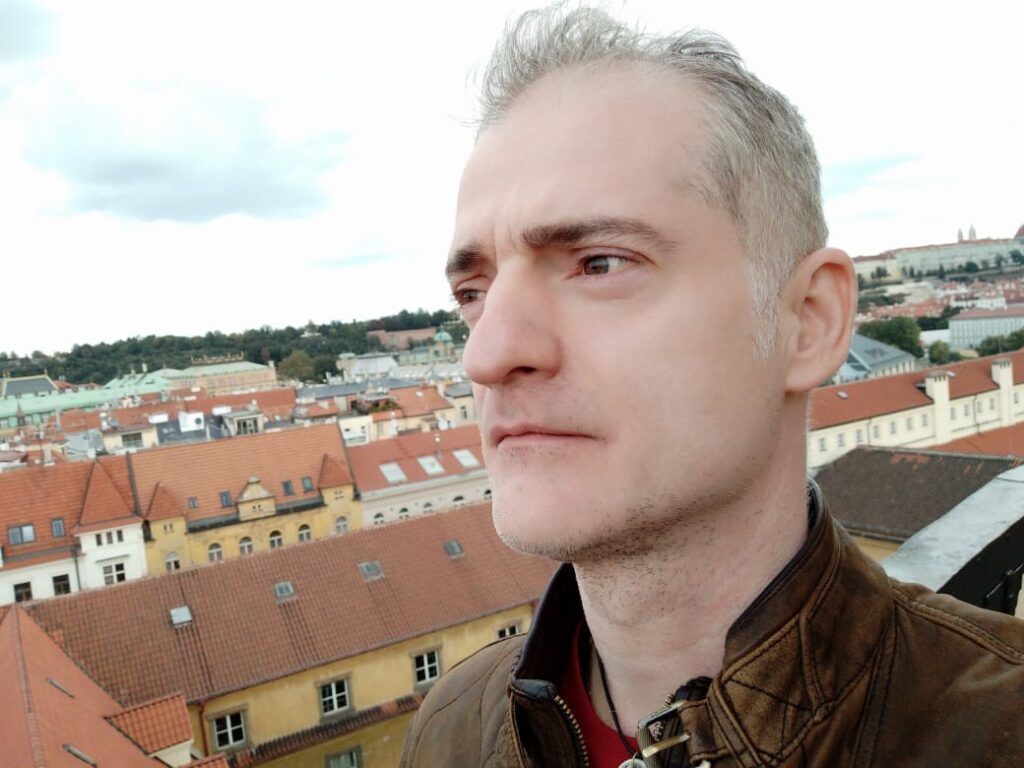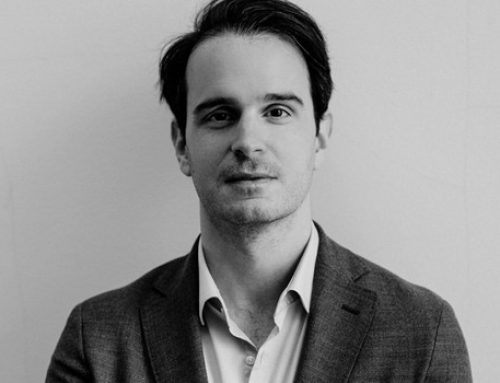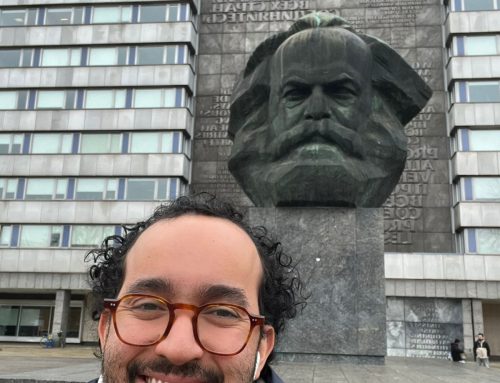On Thursday, January 12th at 12 PM (CET), we are hosting the CAS SEE Seminar with Yorgos Christidis on the topic of Greek perspectives on the Kosovo crisis and the 1999 NATO intervention in FR Yugoslavia, presented by our Fellow Christian Costamagna.

YORGOS CHRISTIDIS
Doctor of Philosophy in Politics (University of Exeter, UK, 1998). Master of Arts in Middle East Politics (University of Exeter, 1993). Bachelor in Politics and International Studies (Panteion University of Social and Political Sciences, Athens, 1991).
Dr. Christidis is currently an Associate Professor of Comparative Politics in the Balkans at the Department of Balkan, Slavonic, and Oriental Studies of the University of Macedonia, Thessaloniki, Greece. He is also a Research Fellow at the Hellenic Foundation for European and Security Policy (ELIAMEP), Athens. Visiting Professor at the Faculty of History, University of Sofia “Sv. Kliment Ohridski”.
His research interests include political parties and minority issues, foreign policy, as well as bilateral relations in Southeastern Europe.
About the Seminar
The first half of the 1990s (1990-1995) and the geopolitical changes ushered in Europe by the end of bipolarism, coupled with the dissolution of the SFR of Yugoslavia proved to be a particularly challenging period for Athens. At this time, a stabilization program of Greece’s fragile economy (led by a conservative government resting on a slim parliamentary majority) generated growing social pain and political tensions domestically. Athens went through a major shift in policy making (post-1996), illustrated in key areas, and in particular with an alignment with the rest of the EU in foreign policy areas. Still, the new pro-European government had to deal with recurrent foreign policy crises (in bilateral relations with Turkey), as well as dominantly pro-Serb public perceptions on the Kosovo crisis, culminating in the 1999 NATO intervention.
This lecture will attempt to illustrate how Athens viewed the major geopolitical changes that took place in Europe during 1989-1991, the dissolution of the SFR of Yugoslavia, and the ideological currents that shaped Greek perceptions/narratives on the Yugoslav wars of the 1990s, that were also prevalent during the Kosovo crisis and the 1999 NATO military intervention.
Join Zoom Meeting
https://us02web.zoom.us/j/88989643663?pwd=VnZTOWRmdnl0WEZIdTczc1paZWtkdz09
Meeting ID: 889 8964 3663
Passcode: 328897
Fellowships
Fellowships are enabled by the ERSTE Foundation and Rockefeller Brothers Fund in the framework of supporting brain circulation for democratic development in Southeast Europe.
UNIRI The Moise Palace: Cres Island
An education center of the University of Rijeka. A five-hundred-year-old patrician townhouse and the largest Renaissance palace on the Croatian islands. A venue and forum for various scientific and research activities, it welcomes visiting academics, students and scholars.




